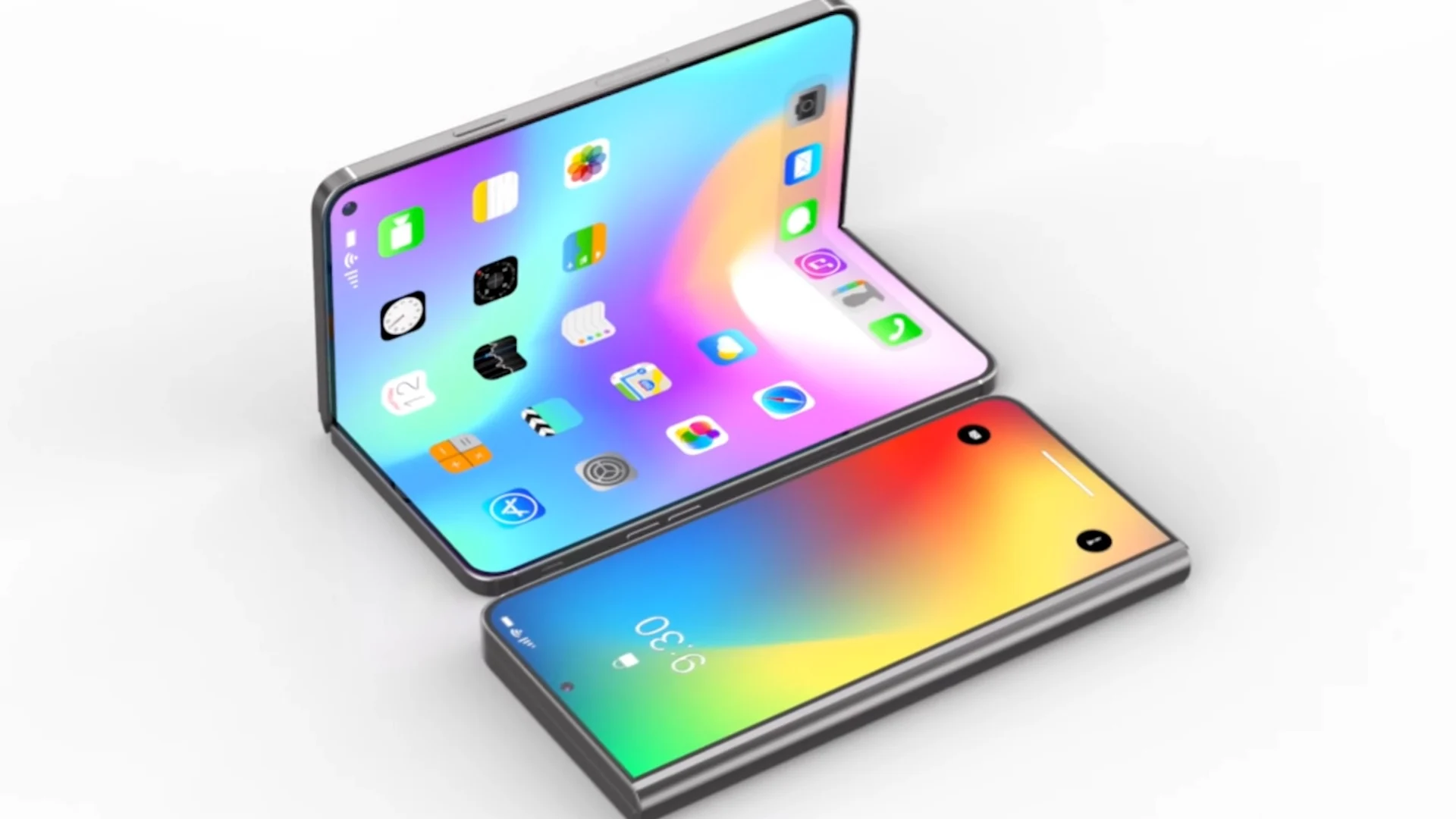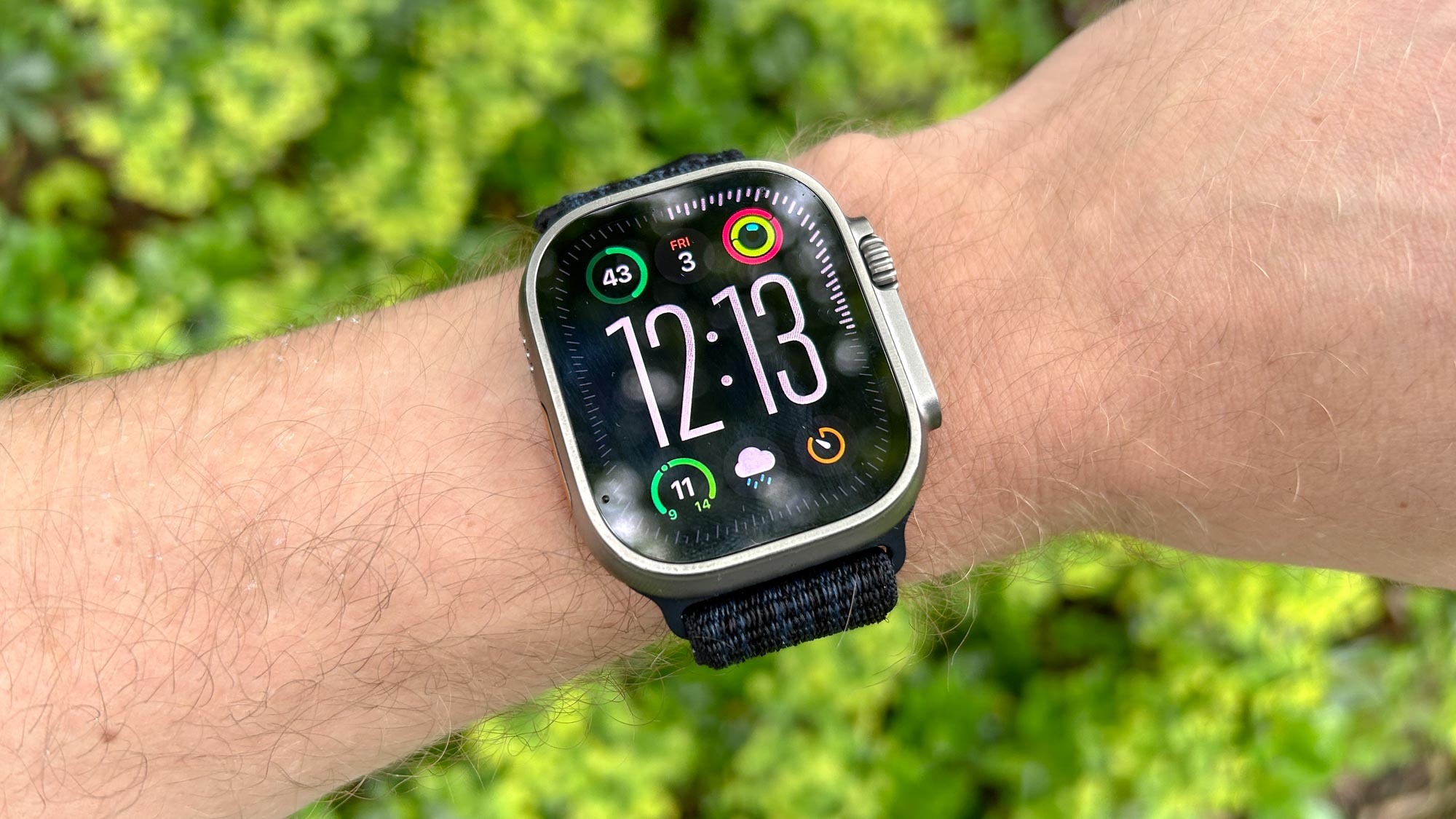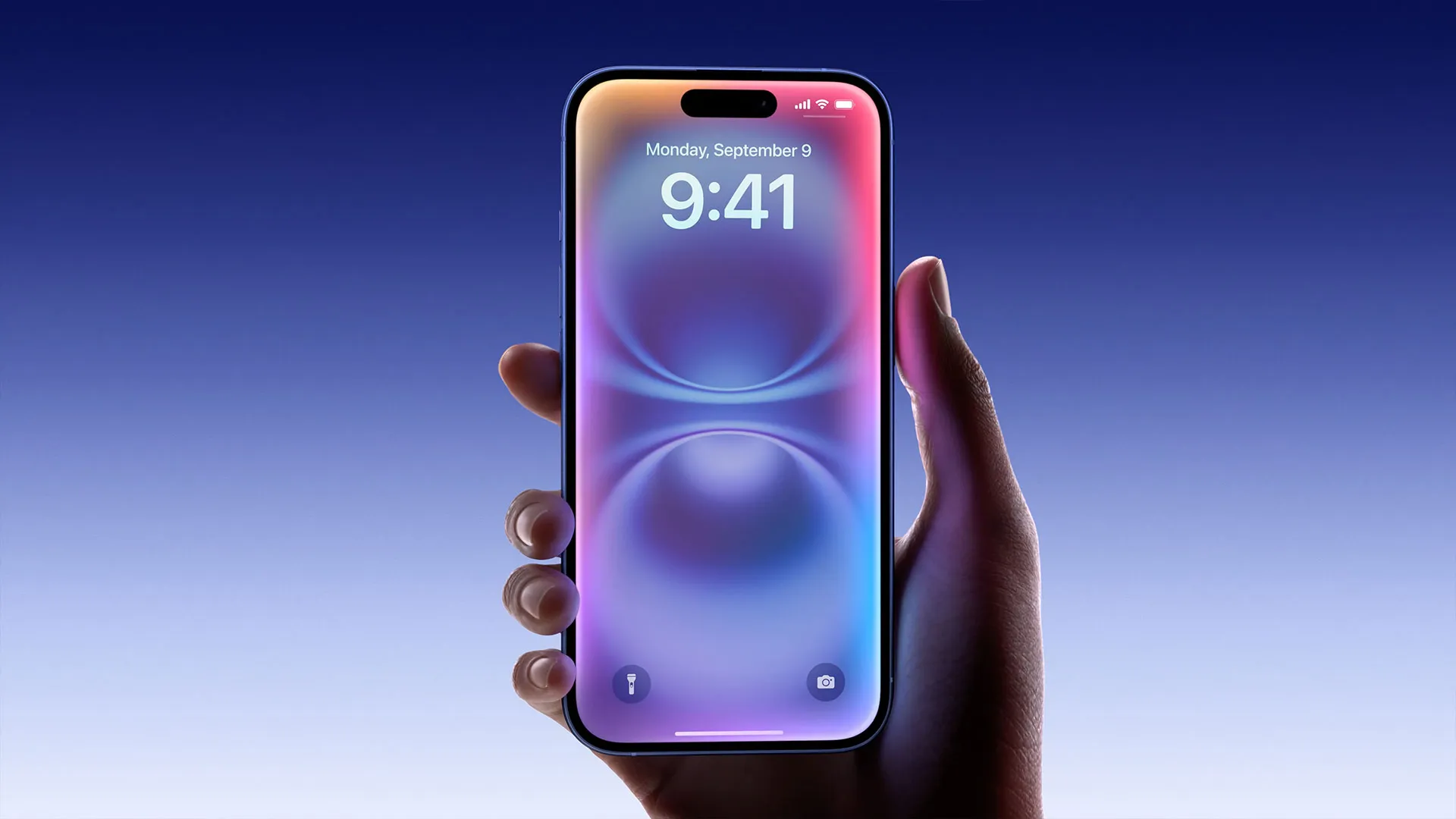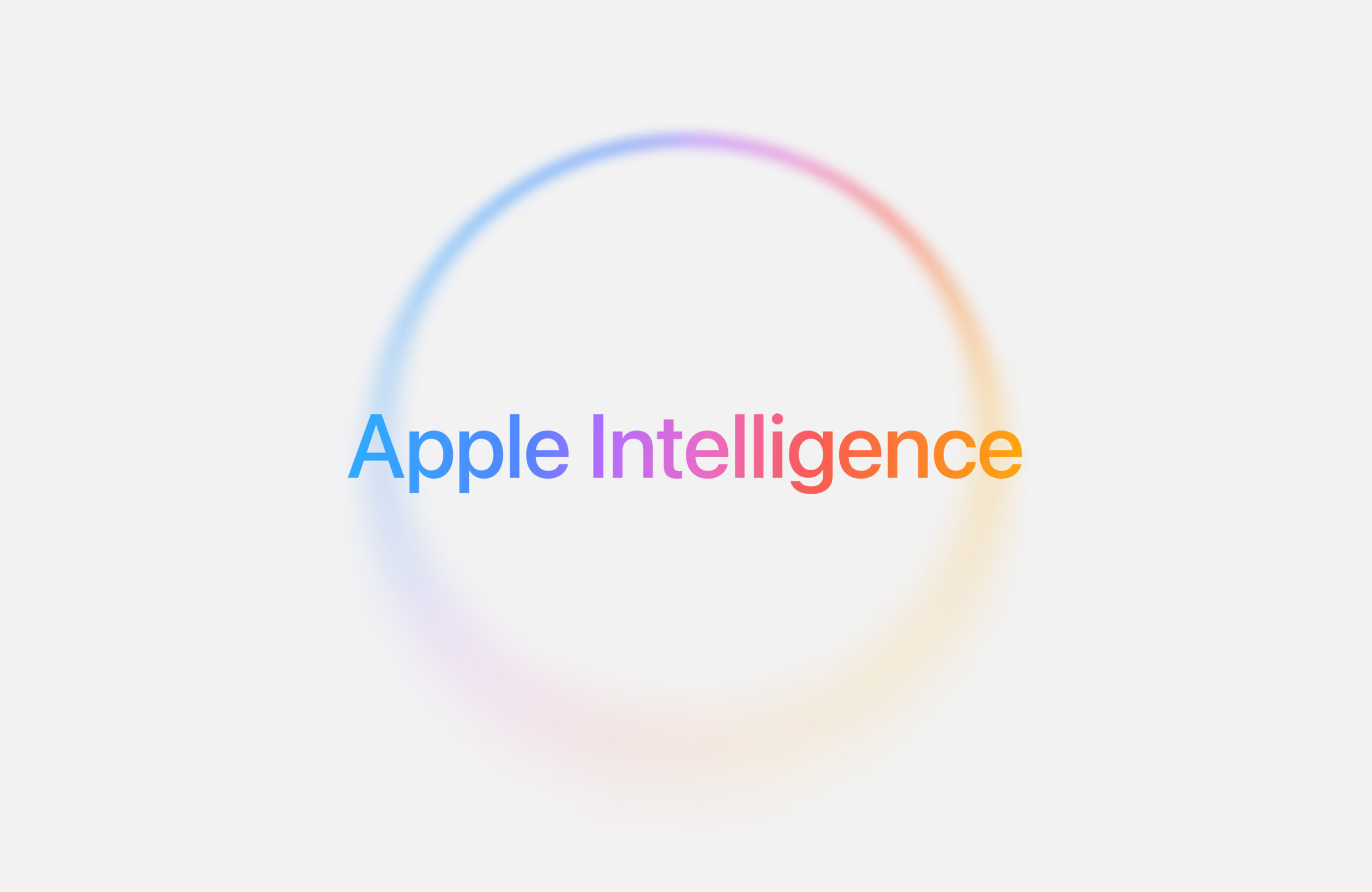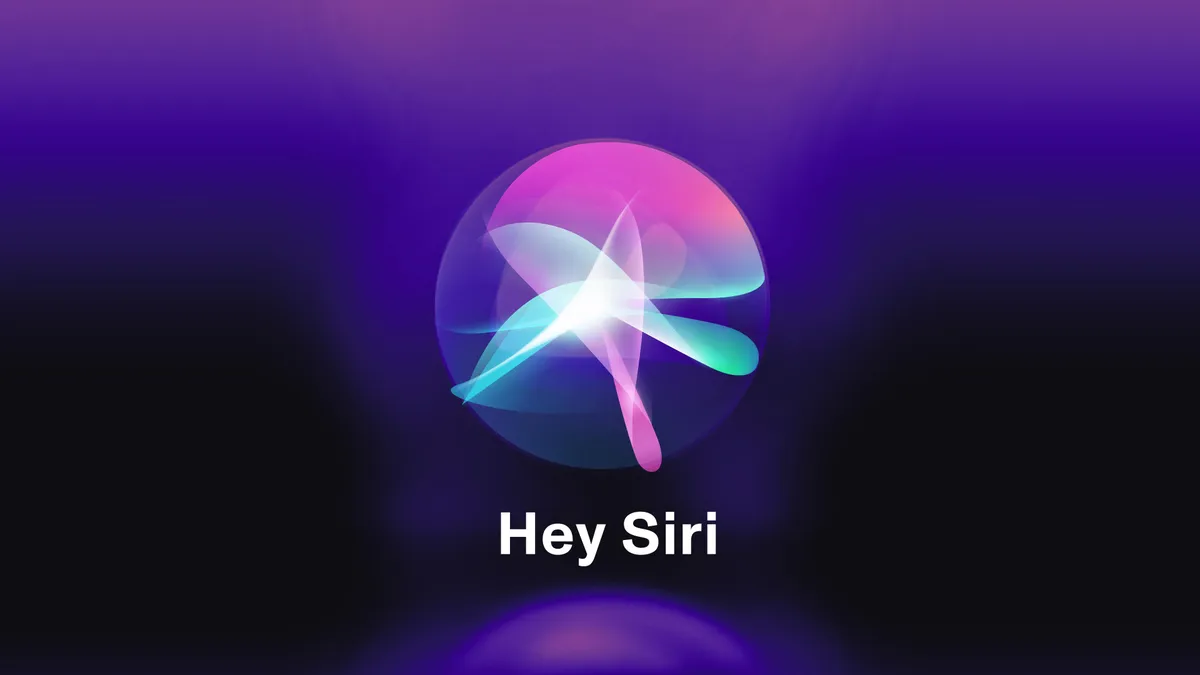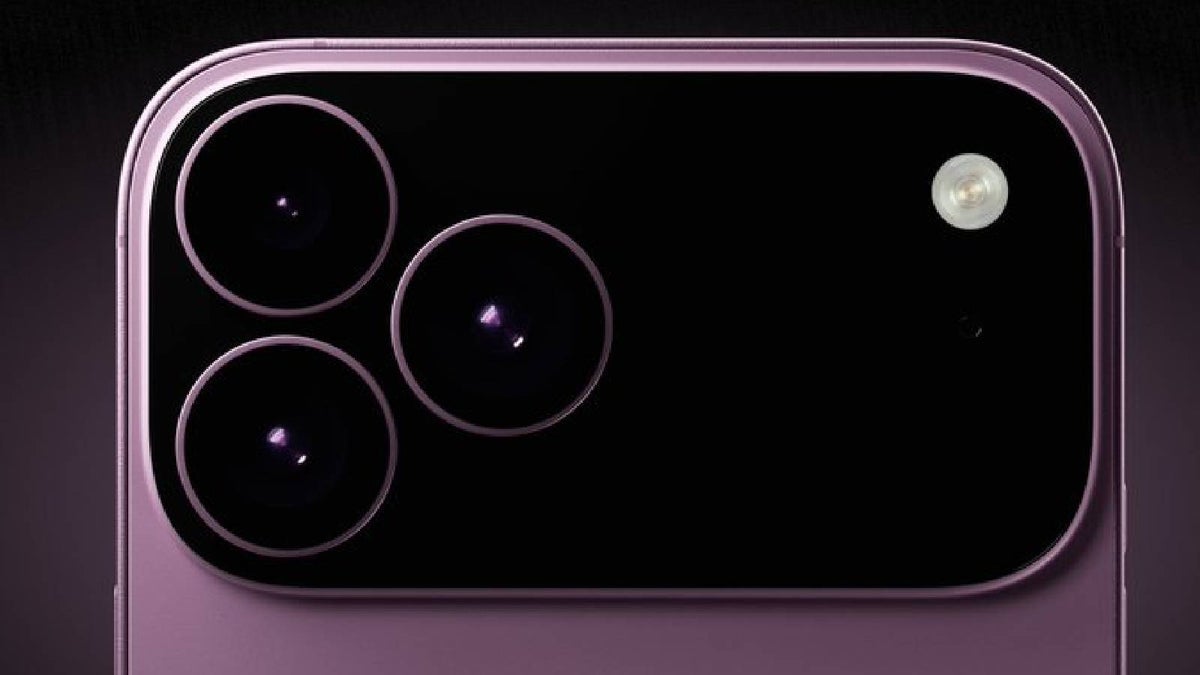A new report supports the idea that Apple is working on a foldable iPhone, and it may come with some unique features. According to a tip from a well-known display expert, Apple is thinking about adding a punch-hole front camera and a Touch ID sensor in the power button.
The expert, Ross Young, shared on X (formerly Twitter) that the upcoming foldable iPhone might not have Face ID under the screen, at least in the early versions. Instead, Apple may use a punch-hole camera and place the Touch ID fingerprint sensor on the side button.
This matches with an earlier report from a Korean news source that said Apple was planning a foldable phone with an “Infinity” design—meaning no notch or Face ID module visible. The device is expected to be a clamshell-style foldable, similar to Samsung’s Galaxy Z Flip.
Ross Young also mentioned that Apple’s foldable phone won’t launch anytime soon. He believes it could come in 2026 or later, which gives Apple more time to perfect the technology.
While Apple hasn’t confirmed anything yet, this new report adds to the growing list of clues that a foldable iPhone is on the way—and it might come with design changes like a punch-hole camera and Touch ID in the power button.
